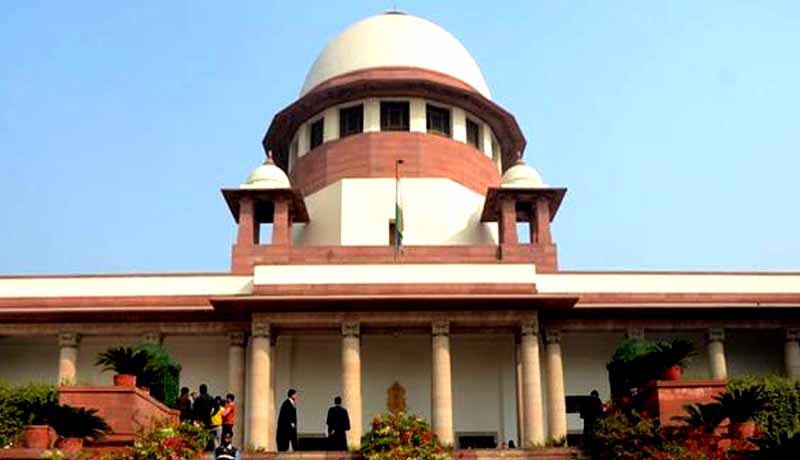Definition of the term 'Permanent Establishment' under DTAA need not be read with the provisions of Income Tax Act: SC

The Term 'Permanent Establishment” as per the India-US DTAA does not include installations and structures ‘ready to use’: says Supreme Court.
The two-judge bench of the Supreme Court in a recent decision held that, as per the definition of the term “permanent establishment” under the Double Taxation Avoidance Agreement (DTAA) between India and US do not require any further explanation.
The bench comprising of Justice Anil R Dave and Justice L Nageswara Rao, while confirming the order of the Uttarakhand High Court and the ITAT in which it was held that the term “permanent establishment” as defined in the said DTAA does not include installations and structures for exploration or exploitation of natural resources ‘ready to use’.
Coming to the facts of the case, the assessee brought in a rig which was operated on account of its clients in India. According to the assessee, the same were remained unused during the dates as furnished by the assessee on account of maintenance and repair. The Assessing Officer held that the income arising out of the contract is taxable in the hands of the assessee as per the relevant provisions of the Double Taxation Avoidance Agreement between India and US. He observed that, as per Article 5(2) (j) of the DTAA, the term ‘permanent establishment’ is defined as “an installation or structure used for the exploration or exploitation of natural resources, but only if so used for a period of more than 120 days in any twelve calendar month period;”. According to him, the meaning of the term “used” can be culled out from the Income Tax Act, 1961, which includes ‘ready for use’ and felt that even during the time of repair and maintenance, the rig was lying ready for use and the said rig was having been used for more than 120 days during the relevant assessment years. Accordingly, he passed an order stating that the assessee has a PE in India and therefore, its income is taxable.
On appeal, the Appellate Tribunal set aside the orders of the assessing authority and the First Appellate Authority by holding that the term “used” as defined in the Agreement do not require further explanation. The Tribunal clarified that the DTAA meant user of installation and structure for exploration or exploitation of natural resources and not merely being ready for use.
The matter was brought before the High Court raising an issue that whether the assessee had a permanent establishment in India during the relevant assessment years.While concluding, the High Court confirmed the order of the Appellate Tribunal.
The Revenue challenged the above order in a Special Leave Petition, in which the Apex Court also dismissed the same by holding that the Court do not find any merit in the appeal.
Read the full text of order below.
DIRECTOR OF INCOME TAX (INTERNATIONALTAXATION vs R&B FALCON OFFSHORE LTD. CO , 2016 TAXSCAN (SC) 108

